SRM University-AP > Department of Civil Engineering > BTech in Civil Engineering
The undergraduate programme imparts students with mastery in the field of civil engineering along with command over mathematics, physics, instrumentation, computers, management and economics - essential requirements for any successful civil engineer. Students also gain hands-on experience from field visits to industries, dams and irrigation structures, construction sites, etc.
The Civil Engineering curriculum provides students with a strong foundation in the discipline, an overall understanding of the components related to the various civil engineering fields like structural engineering, geotechnical engineering, environmental engineering, hydrology, transportation engineering, water resource engineering etc. The exposure will enable them to address various challenging problems and motivate them to conduct research in emerging challenging areas. Our curriculum will prepare the student not only to address present problems through industry internship but also guide them with the latest concepts through projects and assignments. Regular presentations by industry and research scientists from various areas help students to experience real-world applications of engineering methods. Students are exposed to ongoing research problems and the methodology of research and innovation through the Undergraduate Research Opportunities Program (UROP).
Programme Educational Objectives (PEO)
Programme Specific Outcomes (PSO)
Program Outcomes (PO)
Apply the knowledge of mathematics, science, engineering fundamentals, and engineering specialisation to solve complex engineering problems.
Identify, formulate, research literature, and analyse engineering problems to arrive at substantiated conclusions using the first principles of mathematics, natural, and engineering sciences.
Design solutions for complex engineering problems and design system components and processes to meet the specifications with consideration for public health and safety, and cultural, societal, and environmental concerns.
Use research-based knowledge, including design of experiments, analysis and interpretation of data, and synthesis of the information to provide valid conclusions.
Create, select, and apply appropriate techniques, resources, and modern engineering and IT tools, including prediction and modelling, to complex engineering activities with an understanding of the limitations.
Apply reasoning informed by contextual knowledge to assess societal, health, safety, legal, and cultural issues and the consequent responsibilities relevant to the professional engineering practice.
Understand the impact of professional engineering solutions in societal and environmental contexts and demonstrate the knowledge of, and need for sustainable development.
Apply ethical principles and commit to professional ethics, responsibilities, and norms of engineering practice.
Function effectively as an individual and as a member or leader in teams and in multidisciplinary settings.
Communicate effectively with the engineering community and society. Be able to comprehend and write effective reports and documentation. Make effective presentations and give and receive clear instructions.
Demonstrate knowledge and understanding of engineering and management principles and apply these to one’s work as a member and leader in a team. Manage projects in multidisciplinary environments.
Recognise the need for and have the preparation and ability to engage in independent and life-long learning in the broadest context of technological change.

1. Structural Engineering
Structural engineering is concerned with the structural design and structural analysis of buildings, bridges, towers, flyovers (overpasses), tunnels, offshore structures like oil and gas fields in the sea, aerostructure, and other structures. This involves identifying the loads which act upon a structure and the forces and stresses which arise within that structure due to those loads and then designing the structure to successfully support and resist those loads. Due to the nature of some loading conditions, sub-disciplines within structural engineering have emerged, including wind engineering and earthquake engineering.
2. Material Science and Engineering
Materials science is closely related to civil engineering. It studies fundamental characteristics of materials and deals with ceramics such as concrete and mixed asphalt concrete, strong metals such as aluminium and steel, and thermosetting polymers including polymethylmethacrylate (PMMA) and carbon fibres. It incorporates elements of applied physics and chemistry. With recent media attention on nanoscience and nanotechnology, materials engineering has been at the forefront of academic research. It is also an important part of forensic engineering and failure analysis.
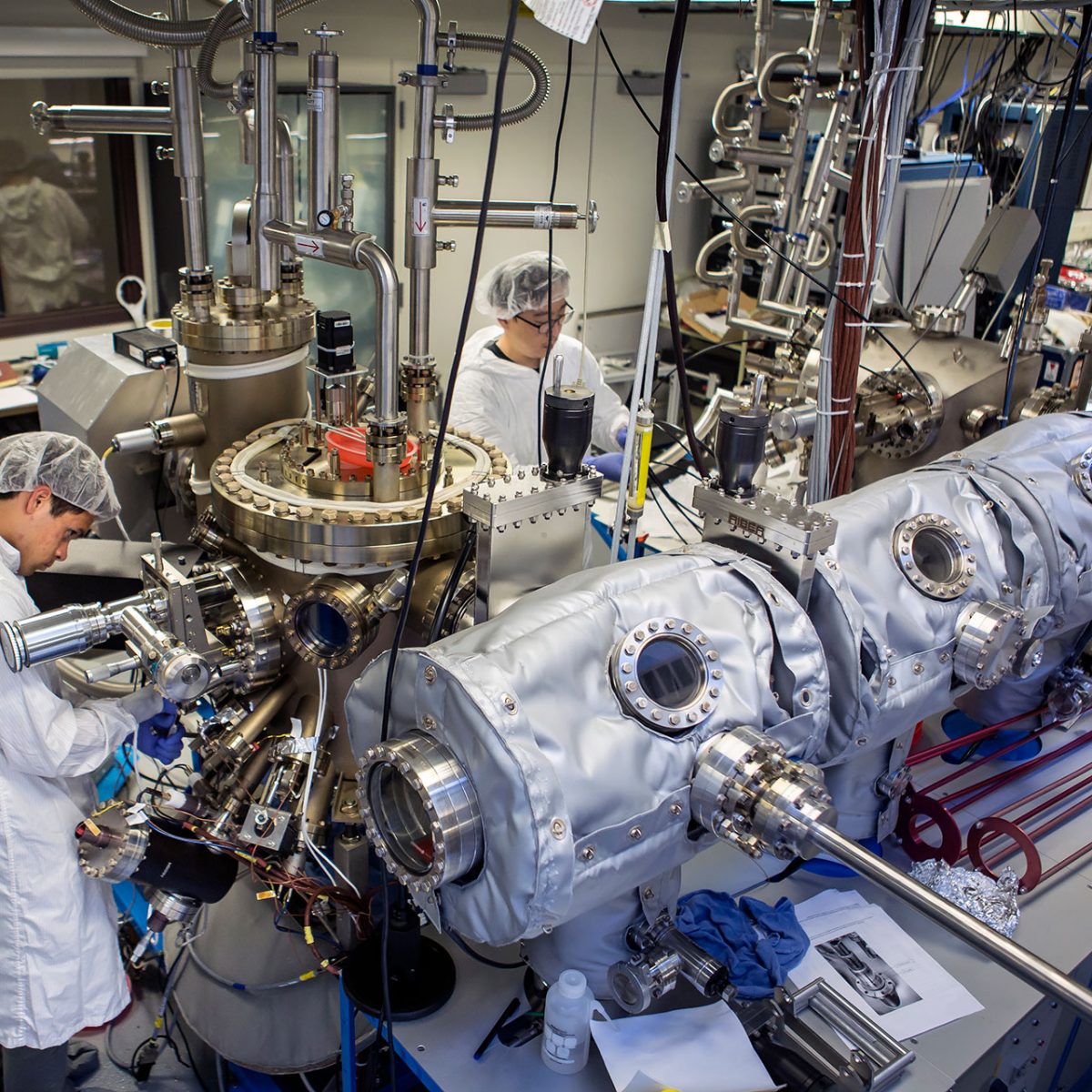
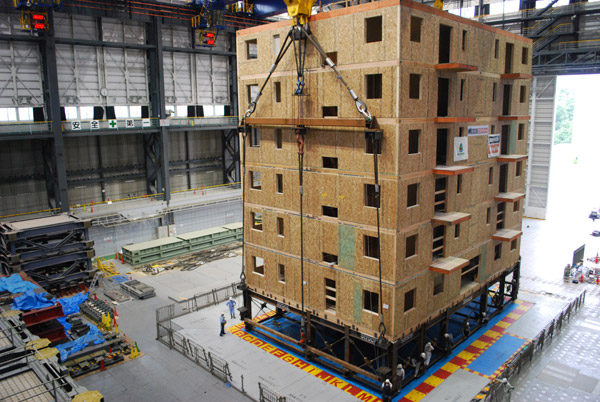
3. Earthquake Engineering
Earthquake engineering involves designing structures to withstand hazardous earthquake exposures. Earthquake engineering is a sub-discipline of structural engineering. The main objectives of earthquake engineering are to understand the
interaction of structures on shaky ground; foresee the consequences of possible earthquakes; and design, construct, and maintain structures to perform at earthquake in compliance with building codes.
4. Geotechnical Engineering
Geotechnical engineering studies rock and soil-supporting civil engineering systems. Knowledge from the field of soil science, materials science, mechanics, and hydraulics is applied to safely and economically design foundations, retaining walls, and other structures. Environmental efforts to protect groundwater and safely maintain landfills have spawned a new area of research called geo-environmental engineering. Geotechnical engineers frequently work with professional geologists, Geological Engineering professionals and soil scientists.
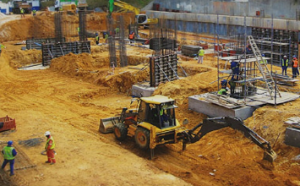
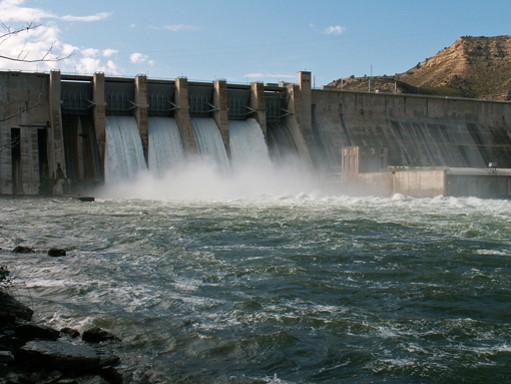
5. Water resource Engineering
Water resources engineering is concerned with the collection and management of water (as a natural resource). As a discipline, it therefore combines elements of hydrology, environmental science, meteorology, conservation, and resource management. This area of civil engineering relates to the prediction and management of both the quality and the quantity of water in both underground (aquifers) and above-ground (lakes, rivers, and streams) resources. Hydraulics engineering is intimately related to the design of pipelines, water supply networks, drainage facilities (including bridges, dams, channels, culverts, levees, and storm sewers), and canals.
6. Environmental Engineering
Environmental engineering is the contemporary term for sanitary engineering, though sanitary engineering traditionally had not included much of the hazardous waste management and environmental remediation work covered by environmental engineering. Environmental engineering deals with the treatment of chemical, biological, or thermal wastes, purification of water and air, and remediation of contaminated sites after waste disposal or accidental contamination. Among the topics covered by environmental engineering are pollutant transport, water purification, wastewater treatment, air pollution, solid waste treatment, recycling, and hazardous waste management. Environmental engineers administer pollution reduction, green engineering, and industrial ecology.

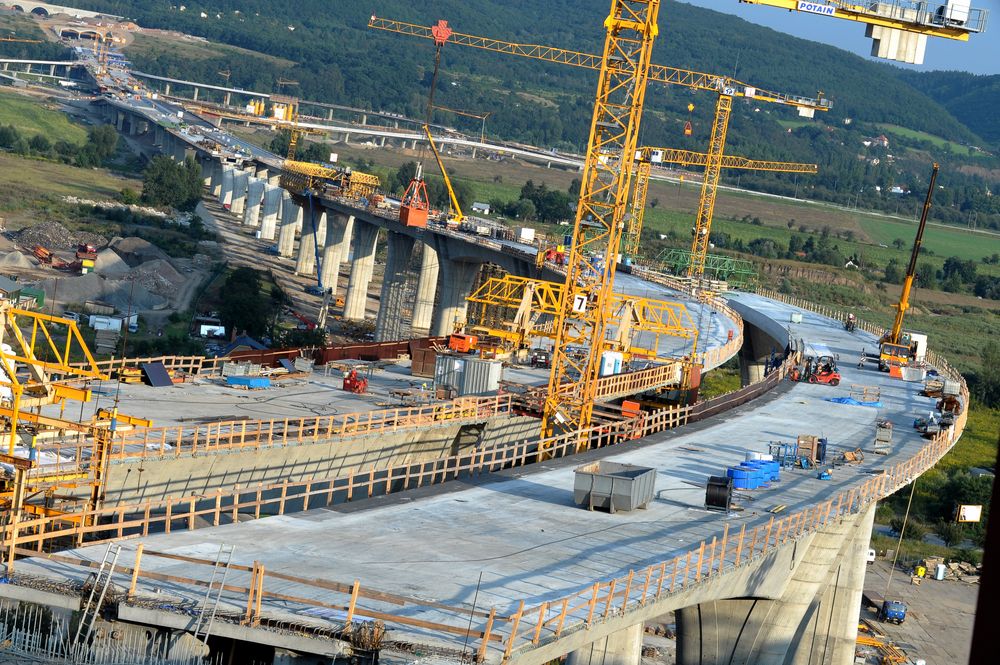
7. Transportation Engineering
Transportation engineering is concerned with moving people and goods efficiently, safely, and in a manner conducive to a vibrant community. This involves specifying, designing, constructing, and maintaining transportation infrastructure which includes streets, canals, highways, rail systems, airports, ports, and mass transit. It includes areas such as transportation design, transportation planning, traffic engineering, some aspects of urban engineering, queueing theory, pavement engineering, Intelligent Transportation System (ITS), and infrastructure management.
8. Surveying and Geoinformatics Engineering
Surveying is the process by which a surveyor measures certain dimensions occur on or near the surface of the Earth. Surveying equipment such as levels and theodolites are used for accurately measuring angular deviation, horizontal, vertical and slope distances. With computerisation, electronic distance measurement (EDM), total stations, GPS surveying, laser scanning and drone technology have to a large extent supplanted traditional instruments. Data collected by survey measurement is converted into a graphical representation of the Earth's surface in the form of a map. This information is then used by civil engineers, contractors and realtors to design from, build on, and trade, respectively. Although surveying is a distinct profession with separate qualifications and licensing arrangements, civil engineers are trained in the basics of surveying and mapping, as well as geographic information systems.


9. Construction Engineering
Construction engineering involves planning and execution, transportation of materials, site development based on hydraulic, environmental, structural and geotechnical engineering. As construction firms tend to have higher business risk than other types of civil engineering firms do, construction engineers often engage in more business-like transactions, for example, drafting and reviewing contracts, evaluating logistical operations, and monitoring prices of supplies.
10. Coastal Engineering
Coastal engineering is concerned with managing coastal areas. In some jurisdictions, sea defence and coastal protection mean defence against flooding and erosion, respectively.


